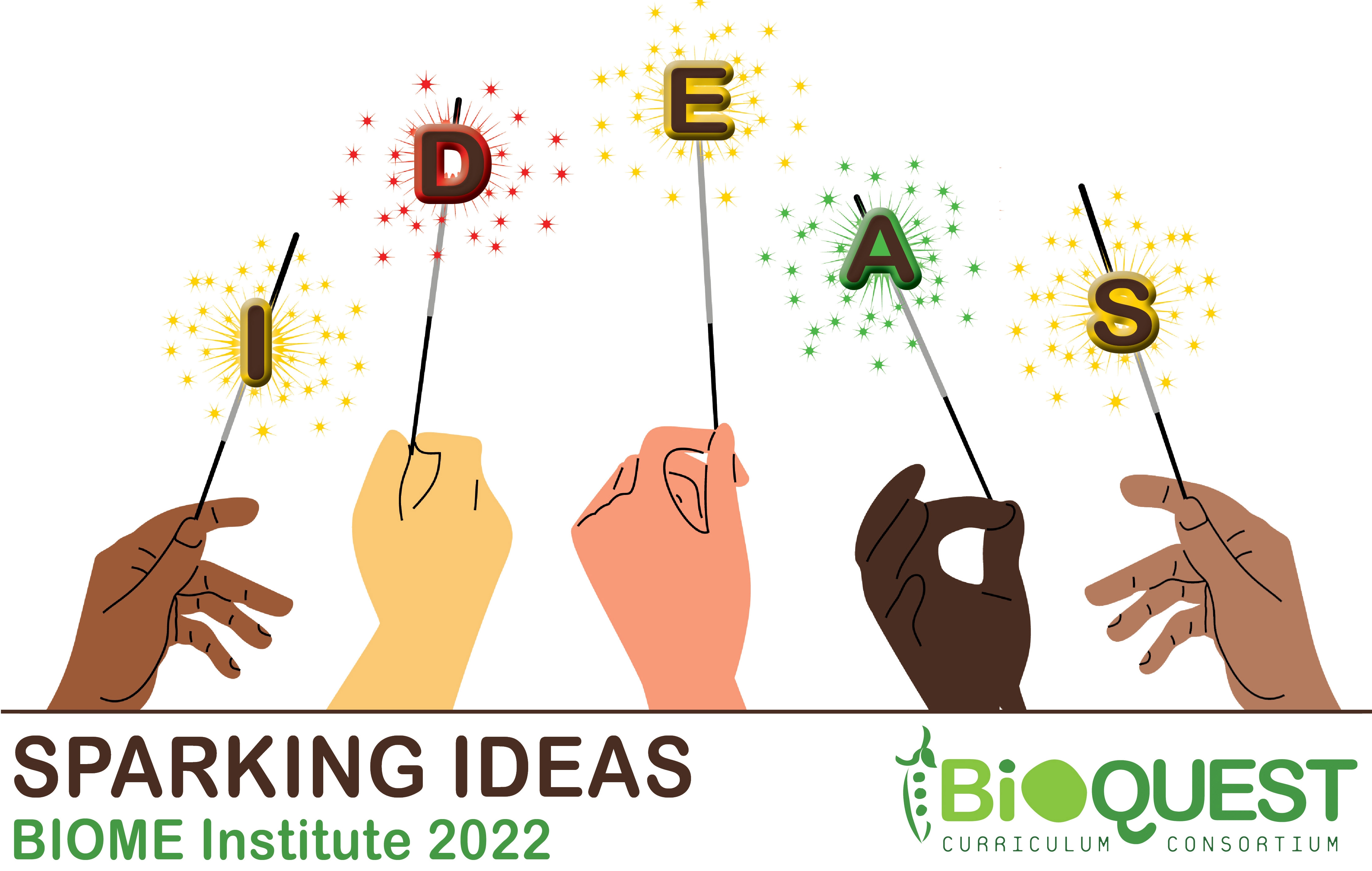Creating Game-Based IDEAs using Twine (BIOME 2022)
Author(s): Brian Bill
Mississippi State University
556 total view(s), 676 download(s)
Summary:
Games and gamification-principles are powerful tools that increase engagement and improve learning outcomes when applied appropriately to STEM instruction. The interactive nature of games allows the player to experiment with variables and receive…
Contents:
Jenna_Richmond_V22.4.html(HTML | 437 KB)
Pre-workshop assignment.pdf(PDF | 33 KB)
- Twine Sandbox - Bill Bri the Science Guy
- Queers in Love at the End of the World by anna anthropy
- Play | Choice: Texas
- SPENT
- Jenna Richmond
- Twine / An open-source tool for telling interactive, nonlinear stories
- eXperience Play – Educational Text-Based Games
- License terms
Description
This resource provides the resources to plan and create game-based instructional materials using the open-source software Twine.
Cite this work
Researchers should cite this work as follows:
- Bill, B. (2022). Creating Game-Based IDEAs using Twine (BIOME 2022). 2022 Biology and Mathematics Educators (BIOME) Institute, QUBES Educational Resources. doi:10.25334/N3JM-MW69
